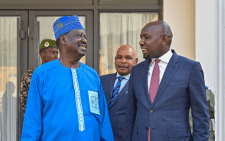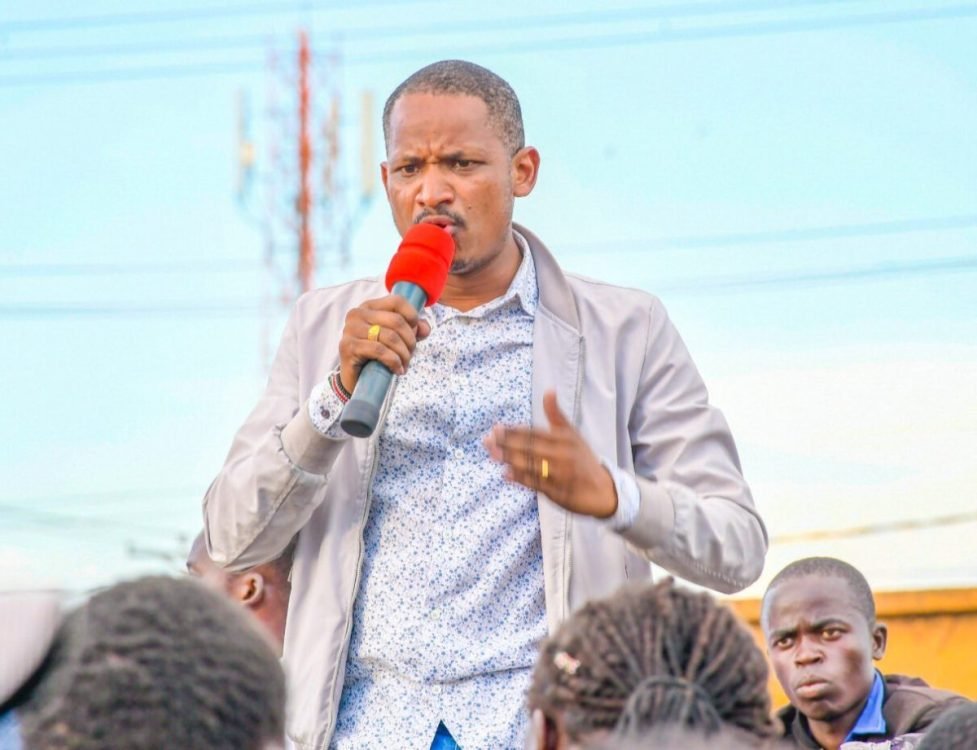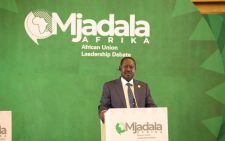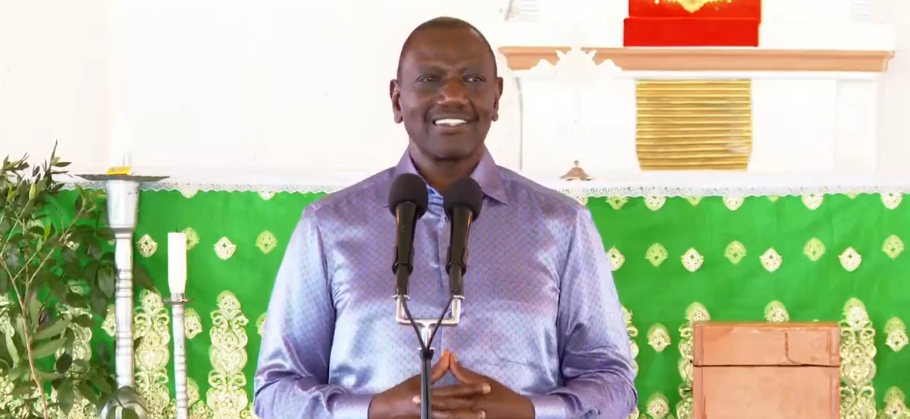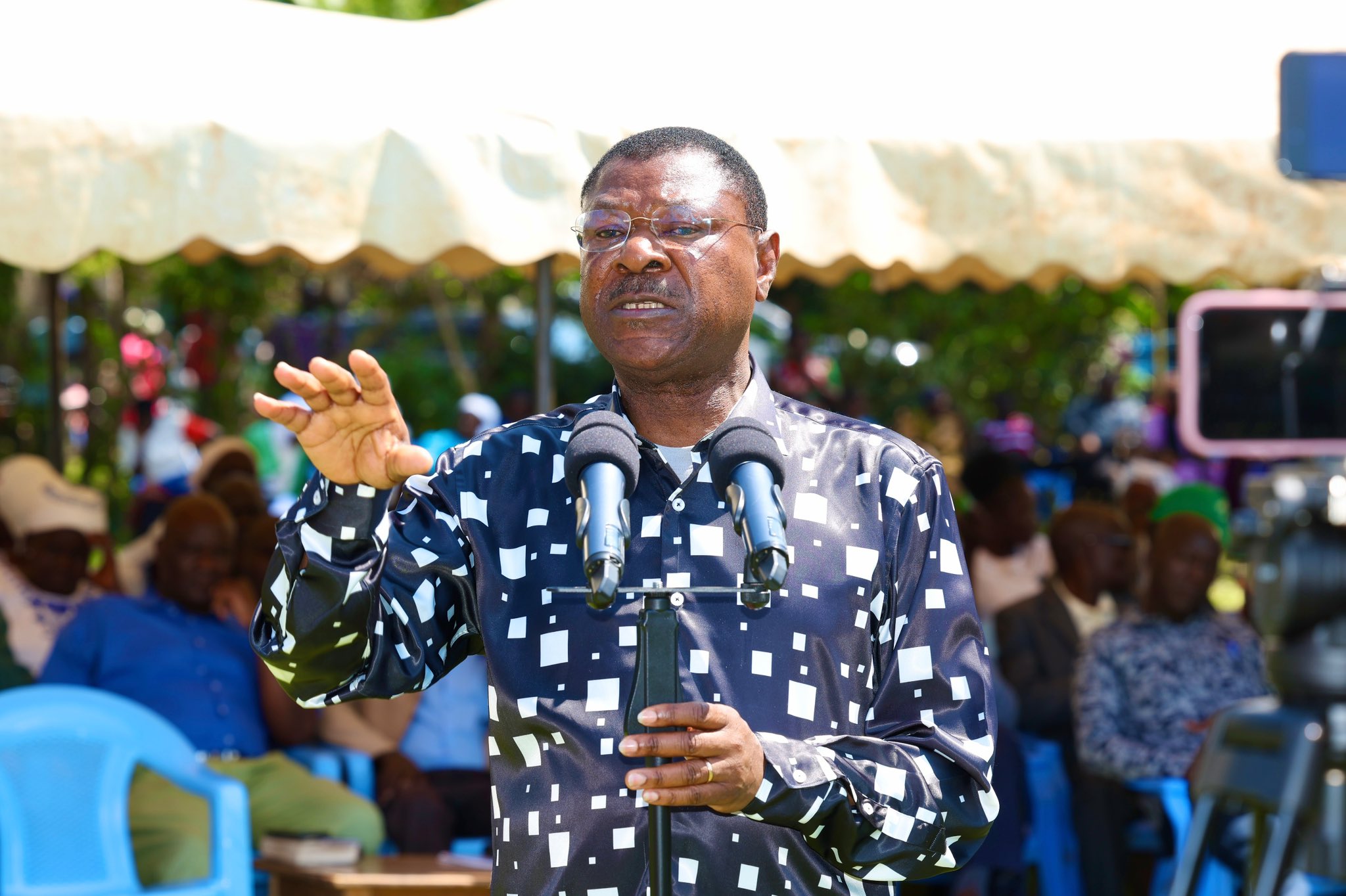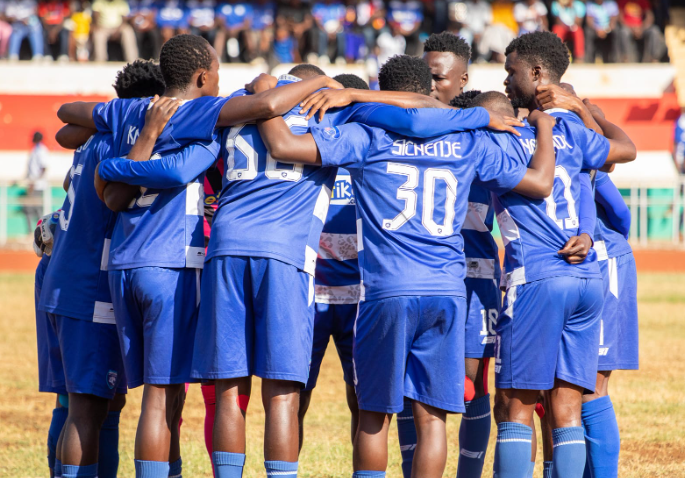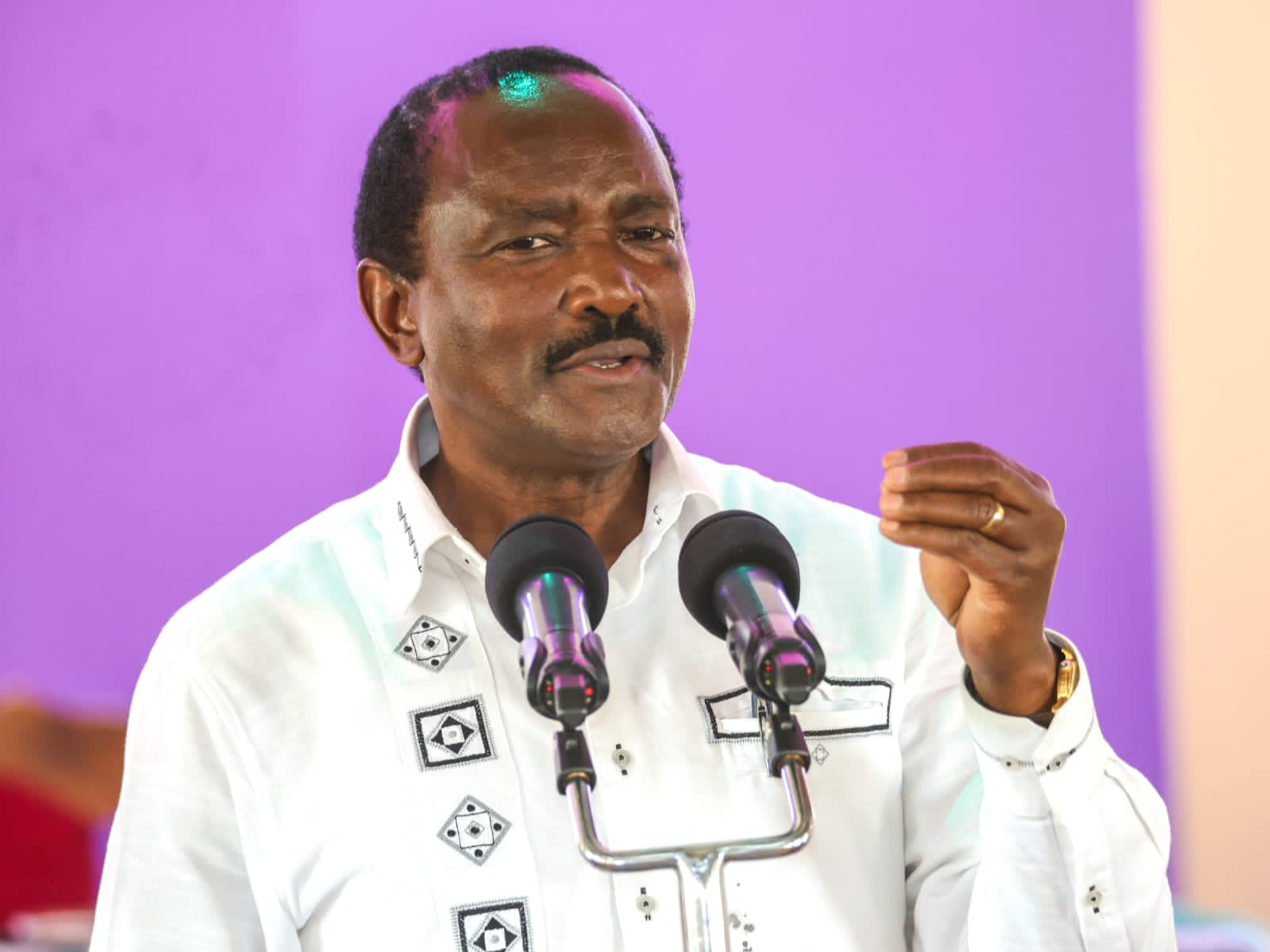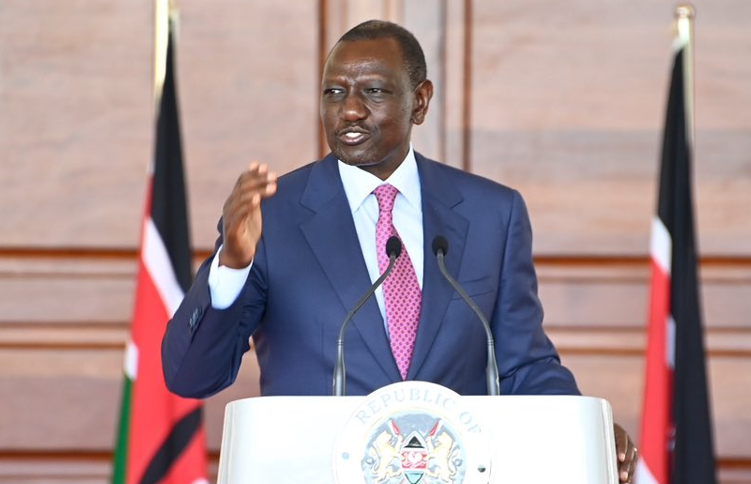Media has a duty to refresh our short memory
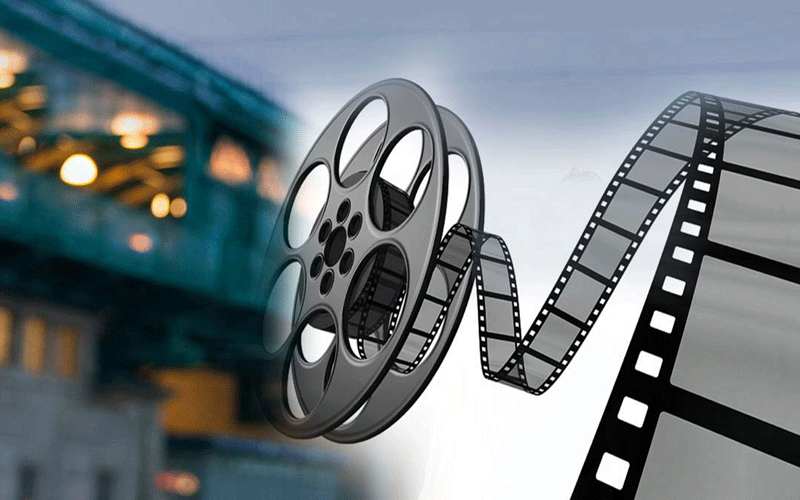
We are a nation of short memory. We are unable to recall or put in context events that happened only recently.
Every unfolding event seems to us to be happening afresh. To what extent is the media a contributory factor to this short memory syndrome?
The active social players, if our memory was to serve us right, have been fairly consistent all along. Take for example the recent Building Bridges Initiative (BBI) meeting in Kakamega.
In the build up to the meeting two players, Amani National Congress leader Musalia Mudavadi and Ford Kenya leader Moses Wetang’ula made it clear their position with regard to their participation at the meeting.
They were not going to attend and spelt out the reasons why they were going to stay away.
Then Saturday came and they trooped in.
If one can recall, barely two years back, the duo, then joined by Wiper Party leader Kalonzo Musyoka were part of the Nasa team that planned the swearing in of opposition leader Raila Odinga as the people’s president. They all geared up for the swearing in until the D-Day.
Then they were not available. To date, it is not clear why the three Nasa leaders did not turn up at Uhuru Park.
In the same light, talking about memory, this is not the first time that Raila Odinga is leading a campaign on behalf of a team.
In the lead up to 2002 General Election when the then Narc candidate Mwai Kibaki was indisposed, it was the selfsame Raila who mobilised his colleagues to campaign for the coalition’s candidate.
How soon we forget. How can we not unless there is an active mechanism of remembering. That active mechanism is the media. In the ancient times the mechanisms for remembering included songs, stories, myths among others.
Communities would compose songs that embodied great achievements. People would be reminded of these events every time the songs were sang, stories told, recitations done and so on.
Media have assumed the place of these oral media that served society in the past. The extent to which these media would take on the characteristics of the oral media depends on how they frame events and stories.
Take a journey back to the rally at Bukhungu Stadium last Saturday. The proceedings at the famed cradle of the Mulembe nation was not news.
To start with, we almost had an idea of who was going to be there and who would not.
So it was surprising that the duo of Mudavadi and Wetang’ula turned up. But a surprise only if one did not know their history.
The major part of the coverage focused on who was there and who was saying what.
In such gatherings, not many people say new things that should engage the mind. One can always predict what everyone is going to say.
It would, however, make sense if the media were to actively inform us. Those who forget their history are likely to repeat their mistakes.
Our history can be kept alive only by our media in the current context. The way to keep it alive is to relate the events unfolding today to the events that took place in the past. We must remember our heroes.
Covering an event as if it has no connection with the past is not helpful. That is how we end up repeating the mistakes of the past.
We should be reminded of the eccentricities of the candidates who have let us down in the past so that we are aware of their foibles even as we vote for them.
The media must be prepared to do this if it is to be done successfully. It cant be a business as usual approach that tells us the story of yesterday as if that story does not have a past.
Journalists must be trained to know and present this. This is the challenge of today’s journalism if we are to remember.— The writer is the dean, School of Communications, Daystar University
